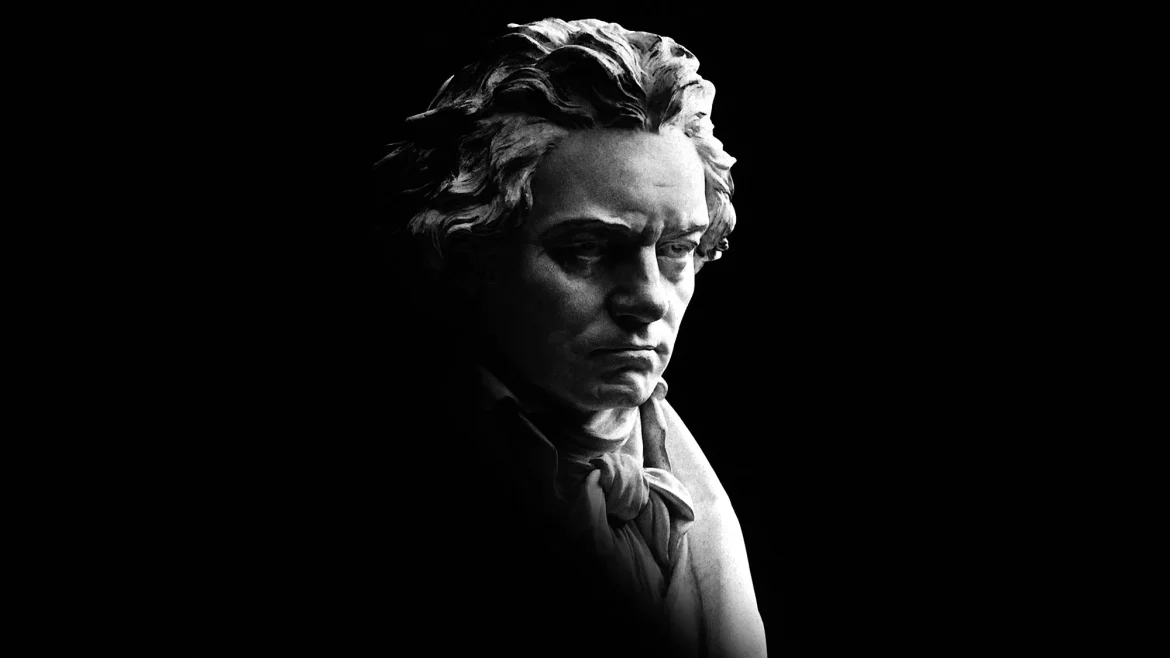The Classical period in music, spanning from 1750 to 1820, is a pivotal era that laid the foundation for much of the music we appreciate today. Characterized by clarity, balance, and structural integrity, Classical music reflects the values and ideals of the Enlightenment era. In this article, we’ll delve into the key features, prominent composers, notable works, and lasting legacy of the Classical period.
Defining Characteristics of Classical Music
1. Symmetry and Form: Classical compositions are known for their balanced structures, often following forms like sonata-allegro, minuet and trio, and rondo. This emphasis on form allowed composers to create cohesive and well-organized musical narratives.
2. Melodic Clarity: Melodies in Classical music are clear, elegant, and easily memorable. Composers like Mozart and Haydn excelled in crafting melodies that are both expressive and accessible to listeners.
3. Homophonic Texture: Classical music typically features a homophonic texture, where a single melody is supported by harmonies in the accompaniment. This texture enhances the clarity of the melody and contributes to the overall harmonic richness of the music.
4. Development of the Orchestra: The Classical period witnessed the development of the modern orchestra, with standardized instrumentations and the emergence of the classical symphony and concerto. Composers explored the expressive capabilities of orchestral forces, leading to iconic works in orchestral repertoire.
Prominent Composers of the Classical Period
1. Wolfgang Amadeus Mozart (1756-1791): Mozart is one of the most celebrated composers of the Classical era, known for his prodigious talent and prolific output. His compositions, including symphonies, operas, concertos, and chamber music, showcase his mastery of melody, harmony, and form.
2. Ludwig van Beethoven (1770-1827): While Beethoven straddles the line between the Classical and Romantic periods, his early works epitomize Classical ideals. His symphonies, piano sonatas, and string quartets from this period demonstrate a fusion of technical rigor and emotional depth.
3. Franz Joseph Haydn (1732-1809): Often called the “Father of the Symphony” and “Father of the String Quartet,” Haydn’s contributions to Classical music are immense. His symphonies, string quartets, and oratorios exhibit a perfect balance of innovation and tradition.
4. Franz Schubert (1797-1828): Though Schubert’s career extended into the Romantic era, his compositions from the late Classical period are noteworthy. His lieder (art songs), symphonies, and chamber music display lyrical beauty and harmonic richness.
Key Works of the Classical Period
1. Mozart’s “Eine kleine Nachtmusik” (1787): This serenade for strings is a quintessential example of Classical elegance, featuring a memorable melody, balanced form, and charming character.
2. Beethoven’s Symphony No. 5 in C Minor, Op. 67 (1808): A monumental work in the symphonic repertoire, Beethoven’s Fifth Symphony exemplifies Classical structure while foreshadowing the expressive power of the Romantic era.
3. Haydn’s “Emperor” String Quartet, Op. 76, No. 3 (1797): Known for its sublime second movement, which features variations on the hymn “Gott erhalte Franz den Kaiser” (God Save Emperor Francis), this quartet showcases Haydn’s mastery of form and thematic development.
4. Mozart’s “The Marriage of Figaro” (1786): This comic opera, with its witty libretto by Lorenzo Da Ponte, combines intricate ensemble writing with melodic brilliance, making it a timeless gem of the Classical repertoire.
5. Beethoven’s Piano Sonata No. 14 in C-sharp Minor, Op. 27, No. 2 (“Moonlight Sonata”) (1801): While Beethoven’s later works are often associated with the Romantic era, the “Moonlight Sonata” exemplifies his early Classical style, with its expressive melodies and clear formal structure.
Cultural Impact
The cultural impact of the Classical period (1750-1820) in music extends far beyond its historical context, resonating deeply with modern audiences and influencing various aspects of contemporary culture.
Firstly, the Classical era’s emphasis on clarity, balance, and structure has permeated not only classical music but also popular music genres, where composers and musicians draw inspiration from classical forms and harmonic principles to create engaging and memorable compositions.
Secondly, the works of composers like Mozart, Beethoven, and Haydn have become cultural touchstones, recognized and appreciated by people worldwide. Their compositions are frequently featured in films, television shows, advertisements, and video games, showcasing the enduring appeal and relevance of Classical music in today’s entertainment landscape.
Moreover, the Classical period’s legacy extends to education and cultural preservation efforts, with institutions and organizations dedicated to teaching, performing, and preserving classical repertoire for future generations.
Overall, the cultural impact of the Classical period is profound, shaping not only the world of music but also influencing broader cultural expressions and artistic endeavors in the contemporary era.
Conclusion
The music of the Classical period continues to resonate with audiences worldwide, serving as a foundation for Western classical music traditions. Its influence can be heard not only in subsequent Romantic and modern compositions but also in popular culture, where Classical works are frequently featured in films, advertisements, and public performances.
In conclusion, the Classical period of music (1750-1820) stands as a testament to human creativity, intellectual rigor, and artistic innovation. Its enduring legacy ensures that the timeless masterpieces of Mozart, Beethoven, Haydn, and their contemporaries remain cherished treasures in the world of music.

